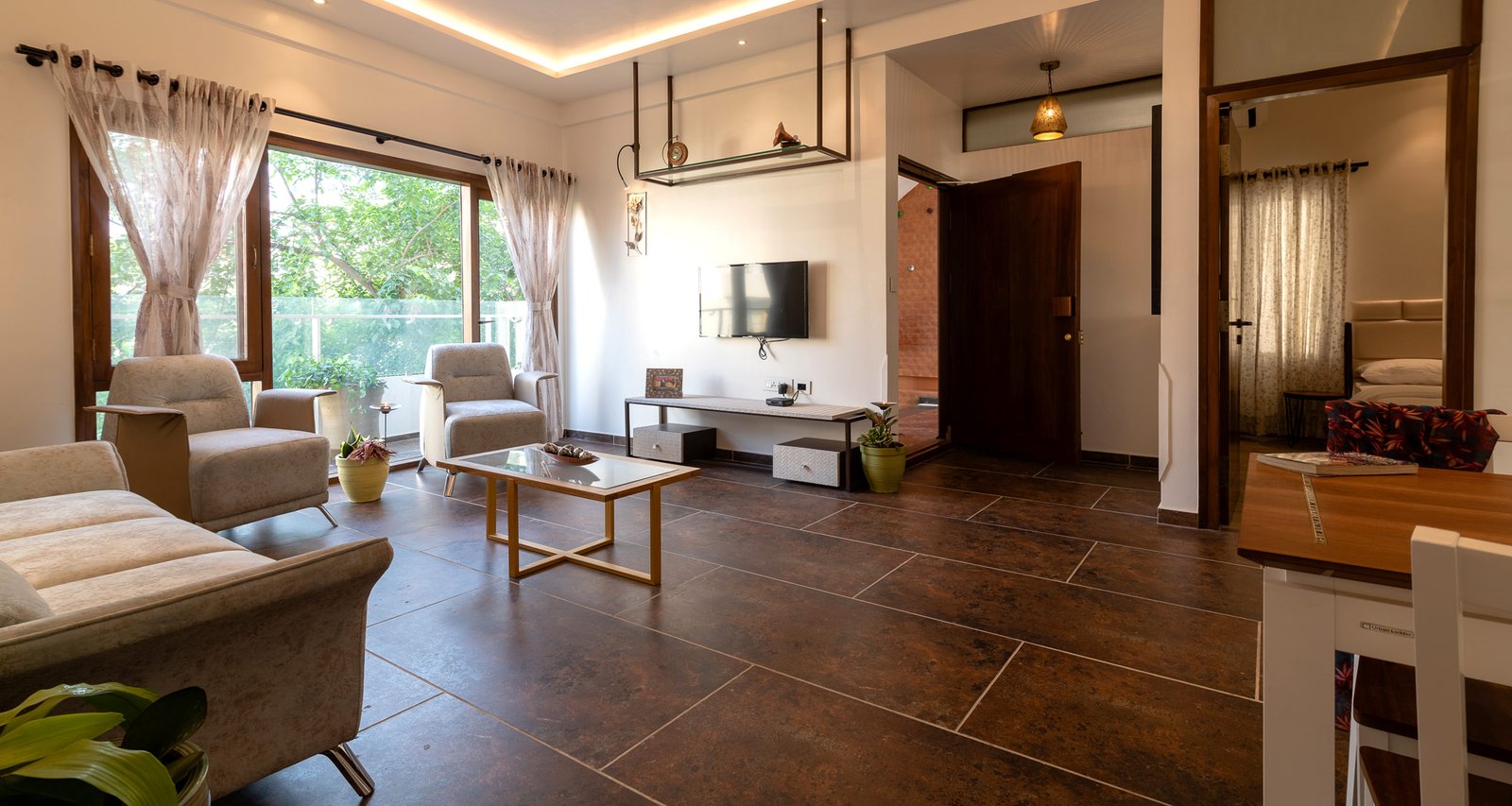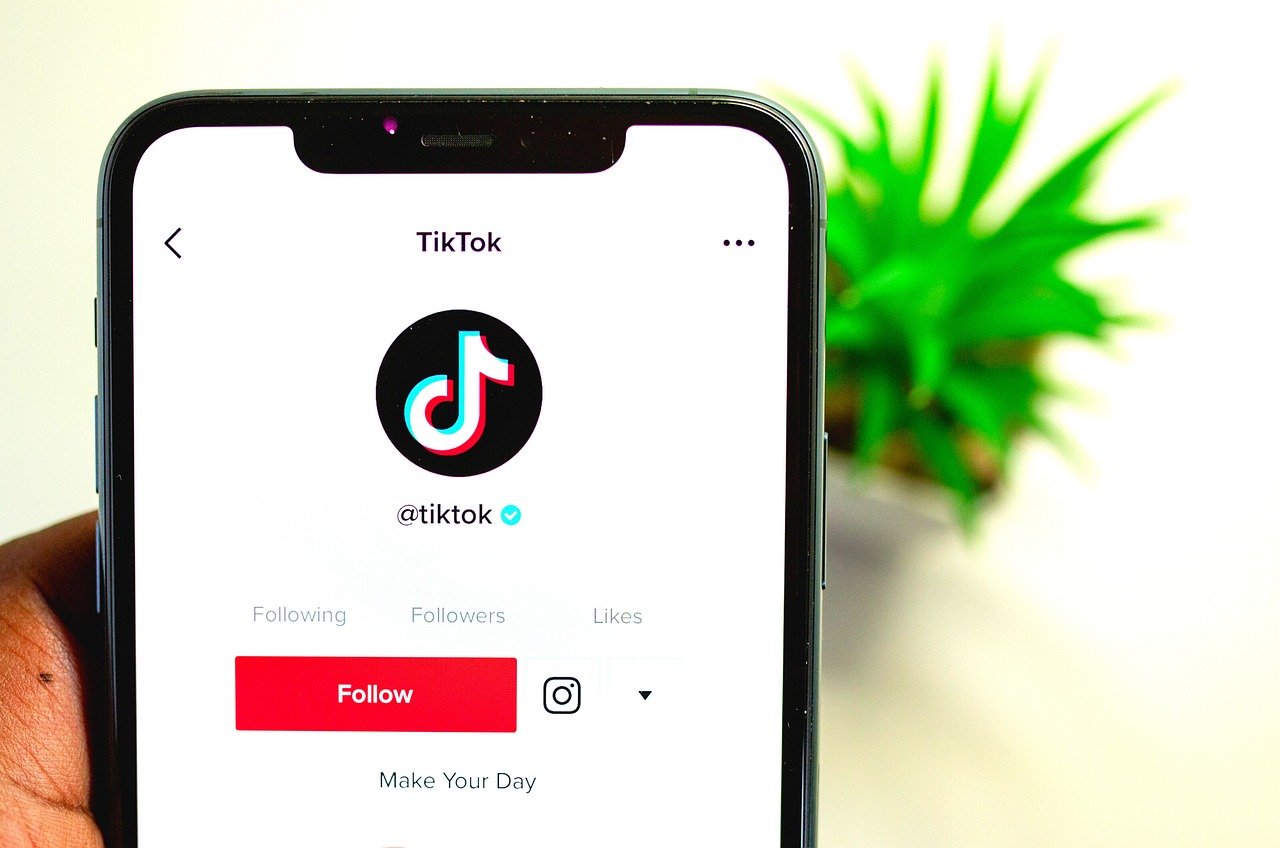You know how people always say your home is your biggest asset? They’re right. For most of us, a house isn’t just where we sleep and keep our stuff. It’s a wealth-building tool. And if you play it smart, it can also give you flexibility to live the kind of life you want.
But here’s the tricky part. Owning a home also ties you down a bit. It becomes this balancing act—between building equity and keeping your lifestyle in flow. How do you figure out when to hold on, when to sell, and how to make it all work in your favor? Let’s talk about that.
Why Homes Are More Than Just Shelter
When you make a mortgage payment, you’re not just covering your bills. You’re putting money into something that can grow over time.
Think about it:
- Historically, home prices in the U.S. have risen by 3-5% per year on average.
- Unlike rent, that money isn’t going into someone else’s pocket—it’s building equity.
And here’s the big one: that equity can later be turned into a down payment for another home, used to pay off debt, or even help fund retirement. It’s basically a savings plan, but one that you also get to live in.
Timing Isn’t Just for Stock Markets
Let’s be honest. Timing the market is tough. Even the experts get it wrong sometimes. But you don’t need a crystal ball—you just need to pay attention.
Watch for these moments:
- Mortgage rates dip.
- Buyer demand spikes in your city.
- You’ve outgrown your current home (or need to downsize).
Selling at the right time can mean tens of thousands more in your pocket. And reinvesting those gains into a new property or other opportunities? That’s how wealth builds faster.
Thinking Like an Investor
You don’t have to be on Wall Street to think like an investor when it comes to real estate. It’s all about knowing what drives value.
Start asking questions like:
- How are prices trending in my neighborhood?
- Are new schools, businesses, or parks coming that could raise demand?
- Is my home type (single-family, townhouse, condo) hot or cooling?
This isn’t just curiosity—it’s a strategy. It helps you decide whether to hold, upgrade, or move on.
And if you’re curious about quick methods for staying ahead, there are expert resources available with strategies to sell a house quickly when the time is right. Knowing your options matters.
Lifestyle vs. Equity: Can You Have Both?
Here’s the truth: you don’t have to choose one or the other. You just need to set priorities.
- If you love travel, maybe you don’t need a big house with a big mortgage.
- If stability matters most, put your energy into growing that home value and holding it long term.
- And sometimes, a lifestyle pivot—like moving closer to work or to a more affordable area—can free up cash and reduce stress.
The sweet spot? Finding a home that fits your lifestyle now but also gives you growth potential down the road.
Action Steps to Get Started
You might be thinking: “OK, but where do I start?” Start small. Here’s a simple path forward:
- Look at your current equity. Know what your home’s worth and what you owe.
- Keep an eye on local trends. You don’t need daily updates, but once a quarter? Smart.
- Decide what’s next. Are you planning to sell in 1 year? 5 years? Having a loose plan helps.
Final Thoughts
Your home is one of the biggest tools you have for building wealth. When you look at it through that lens, decisions around buying, upgrading, and selling get a lot clearer. It’s not about rushing—it’s about balance. Take time to understand your market, think like an investor, and make moves that fit your lifestyle. Done right, your home can be the key to financial growth and the life you’ve been working toward.











